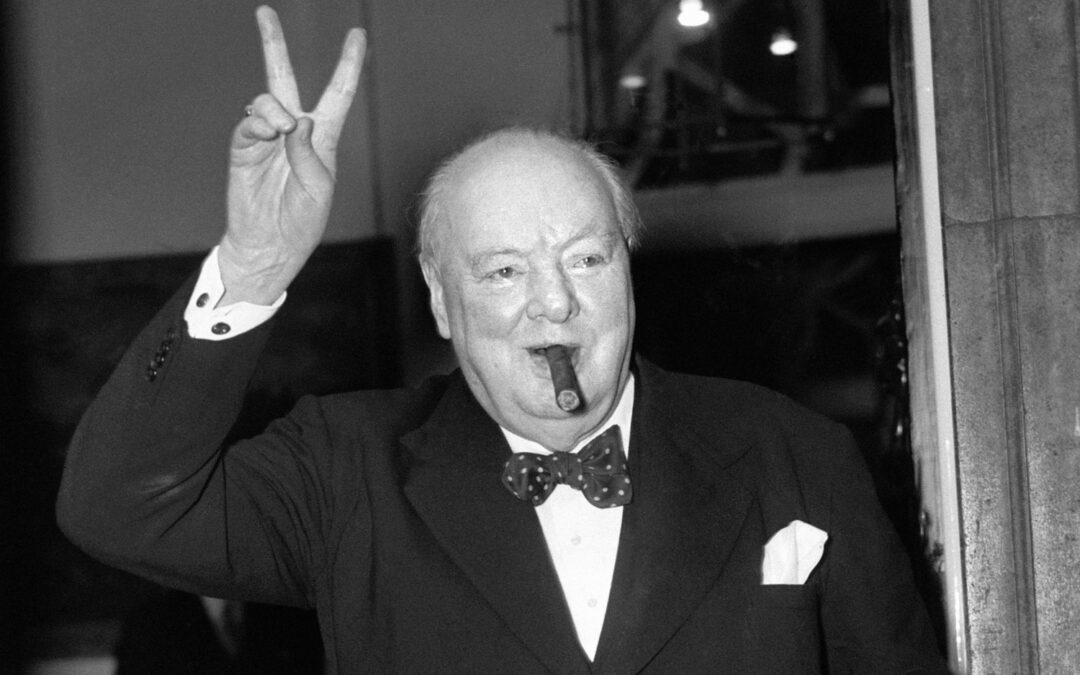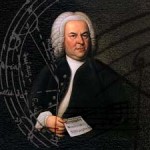Revolutionary in its time, Beethoven’s 5th Symphony is seen by many as the quintessential symphony. Beethoven composed it in 1808 (at the same time as his “Pastoral” Symphony), and it was premiered in December of that year.
There have been apocryphal stories and descriptions read into this symphony — that it signifies “fate knocking on the door,” that parts of it may reflect his “immortal beloved,” etc. — but in the end, it is the nobility and innate humanity of Beethoven’s composition which have caused it to be universally embraced.
The first movement, dark and with a driving ferocity, is built upon the celebrated opening motif of three short notes and one long note. There are intermittent lyrical respites in the strings and woodwinds, heralded by the horns and bassoons. Overall, the movement is compact, and built upon the 4-note opening.
The second movement has a warm lyric theme introduced by the violas and ‘celli. This is followed by a majestic martial theme by winds, brass and timpani. Beethoven embellishes both themes in successive variations.
The third movement is dark and mysterious, with a foreboding ‘cello and bass opening. A strident second theme is introduced by the horns, with three short notes and one long note, and recalls the first movement’s opening motif. After a vigorous trio and reprise, the end of the third movement leads, via a hushed transition, to the glorious finale, in one of the defining passages of the symphonic canon.
The finale’s opening must have come as quite a shock to Beethoven’s audience. It was the first time in which piccolo, trombones and contrabassoon had been featured together in an orchestral work, and they are part of the orchestral explosion which occurs after the crescendo at the end of the third movement. In contrast to much of the rest of the symphony, the last movement’s themes are optimistic and joyful. A momentary reprise of the third movement theme, and a recapitulation of the Finale’s opening, lead to an accelerated coda and triumphant ending.
Symphony No. 5 in C Minor
Op. 67
Composed in 1808
By Ludwig van Beethoven






